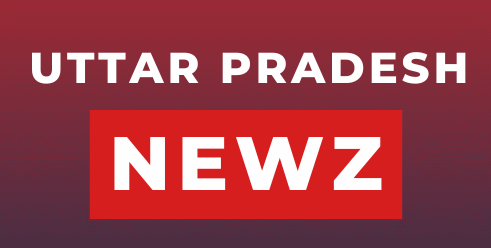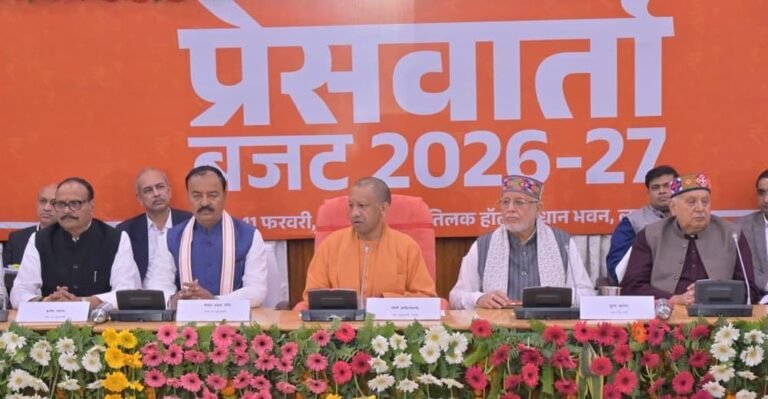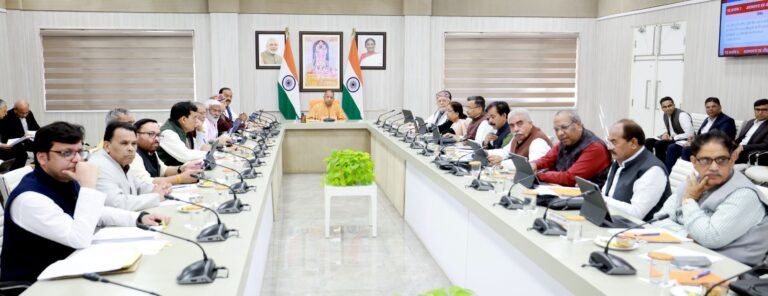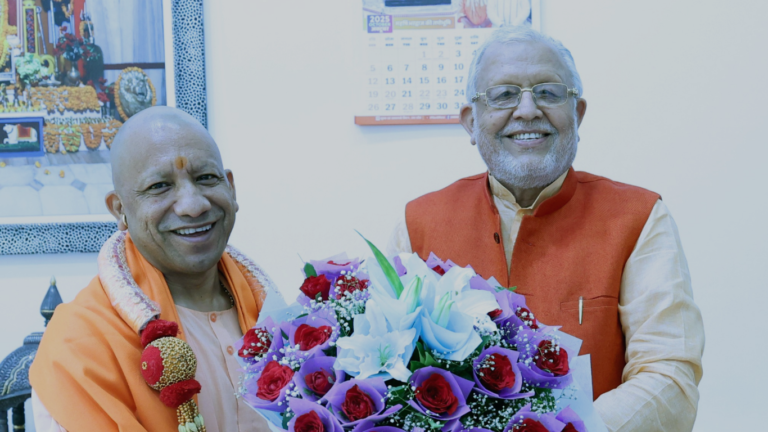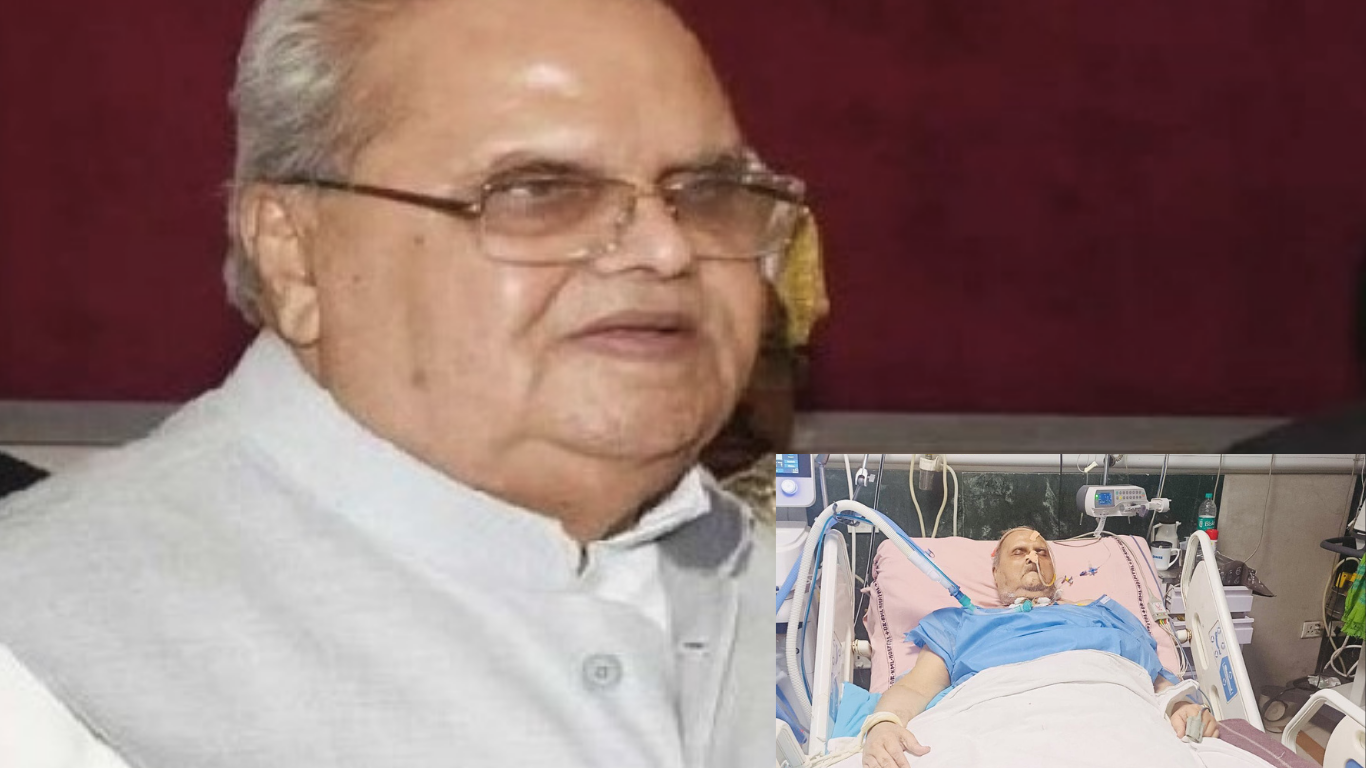
Lucknow, Uttar Pradesh, August 5, 2025 – Satyapal Malik, a seasoned Indian politician and former governor of multiple states, passed away today at the age of 79. His death marks the end of a long and eventful career that spanned over five decades, touching various corners of Indian politics, from student activism to high-profile gubernatorial roles. Known for his outspoken nature and deep ties to the Jat community, Malik leaves behind a legacy that is both celebrated and controversial. As tributes pour in, we take a closer look at the life and journey of this influential figure.
Early Life and Entry into Politics
Satyapal Malik was born on July 24, 1946, in Hisawada village, located in what is now the Khekada tehsil of Baghpat district, Uttar Pradesh. Coming from a Jat family, Malik grew up in a region known for its agricultural roots and political vibrancy. His early life was shaped by hardship—he lost his father at the age of two, a loss that instilled resilience and determination in him from a young age.
Malik pursued his education at Meerut College, earning a Bachelor of Science degree and later an LLB. His political journey began in the mid-1960s when he was inspired by the socialist ideology of Ram Manohar Lohia. As a student, he showed early signs of leadership, serving as the president of the Meerut College Students’ Union in 1966–67 and later as president of the Students’ Union at the then Meerut University (now Chaudhary Charan Singh University) in 1968–69. These roles gave him a platform to organize student movements and set the stage for his entry into mainstream politics.
In 1974, Malik’s close association with Chaudhary Charan Singh, a towering figure in Indian politics and a champion of farmers’ rights, led him to contest the Uttar Pradesh Legislative Assembly election from Baghpat. Representing Charan Singh’s Bharatiya Kranti Dal, Malik won with 42.4% of the votes, defeating his nearest rival, Acharya Deepankar of the Communist Party of India. This victory marked his first elected public office and established him as a rising star in Uttar Pradesh politics.
A Diverse Political Journey
Malik’s political career was marked by versatility and adaptability. He navigated through various political parties, reflecting the fluid nature of Indian politics during the late 20th century. After his stint with Bharatiya Kranti Dal, he joined the Bharatiya Lok Dal, where he served as the general secretary. His influence grew as he represented Uttar Pradesh in the Rajya Sabha for two terms, from 1980 to 1986 and 1986 to 1989.
In 1984, Malik briefly aligned with the Congress party, serving as the general secretary of the Uttar Pradesh Congress Committee. However, his time with Congress was short-lived. Disillusioned by the Bofors scam, he resigned in 1987 and joined V.P. Singh’s Jan Morcha, which later became the Janata Dal. In 1989, Malik won a seat in the 9th Lok Sabha from Aligarh as a Janata Dal candidate. During this period, he served as the Union Minister of State for Parliamentary Affairs and Tourism from April to November 1990, a brief but significant role in the central government.
Malik’s political affiliations continued to evolve. In 2004, he joined the Bharatiya Janata Party (BJP) and became part of Narendra Modi’s campaign team ahead of the 2014 Lok Sabha elections. In 2012, he was appointed as the BJP’s national vice president, a role that highlighted his growing stature within the party. However, his relationship with the BJP was not without friction, particularly in his later years as a governor.
Gubernatorial Roles and Key Moments
Satyapal Malik’s career reached its peak when he was appointed as the governor of several Indian states. His gubernatorial journey began in 2017 when he was named the 33rd Governor of Bihar. He served in this role until August 2018, with an additional charge as the Governor of Odisha from March to May 2018.
In August 2018, Malik was appointed the Governor of Jammu and Kashmir, a role that placed him at the center of one of India’s most sensitive political landscapes. He was the first politician to hold this position since the onset of militancy in the region in the late 1980s. His tenure was historic, as it coincided with the revocation of Article 370 on August 5, 2019, which stripped Jammu and Kashmir of its special status and reorganized the state into two Union territories. Malik’s role during this period was pivotal, though it later became a point of contention in his public statements.
After Jammu and Kashmir, Malik served as the 18th Governor of Goa from November 2019 to August 2020 and later as the 21st Governor of Meghalaya until October 2022. His time in Goa and Meghalaya was marked by his growing vocal criticism of the central government, particularly on issues like farmers’ rights and governance.
Controversies and Bold Statements
Satyapal Malik was no stranger to controversy. His willingness to speak out, even against the ruling establishment, made him a polarizing figure. In 2021, while serving as the Governor of Meghalaya, Malik openly supported the farmers’ protests against the now-repealed farm laws. His remarks, which included calling Prime Minister Narendra Modi “arrogant” and urging the government not to use force against farmers, resonated deeply with farmer unions and khaps, particularly in Haryana and western Uttar Pradesh. This stance earned him admiration among the Jat community and farmers but strained his relationship with the BJP.
In April 2023, Malik sparked a political storm with his comments on the 2019 Pulwama attack, which claimed the lives of 40 CRPF personnel. In an interview with journalist Karan Thapar, Malik alleged that there were significant lapses leading up to the attack, including the Home Ministry’s refusal to provide aircraft for CRPF troop movement, forcing them to travel by road. He claimed that the car carrying 300 kilograms of RDX had been moving undetected in Jammu and Kashmir for 10–15 days, pointing to a grave intelligence failure. Malik further stated that Prime Minister Modi and National Security Advisor Ajit Doval had instructed him to remain silent on these lapses, a claim that stirred significant controversy.
Malik’s allegations did not stop there. He also accused the Modi government of being lenient toward corruption, citing instances during his tenure as governor. These remarks led to scrutiny from the Central Bureau of Investigation (CBI), which summoned him in connection with alleged corruption cases, including an insurance scam in Jammu and Kashmir and issues related to a hydel project contract. Despite the pressure, Malik stood by his statements, earning both support and skepticism. While farmer leaders and some opposition figures praised his courage, others questioned the timing and motives behind his revelations.
Personal Life and Legacy
Satyapal Malik’s personal life was as rich as his political career. In 1970, he married Iqbal Kaur Sandhu, a researcher and environmentalist who was well-known in her own right. Their son, Dev Kabir, is a noted graphic designer who gained recognition for designing the logo for the popular beer brand Bira. Malik’s daughter-in-law is an IIT graduate, adding to the family’s accomplished profile.
Beyond politics, Malik had a deep interest in history, music, and photography. He authored several books on political themes, reflecting his intellectual side. His roots in the Jat community and his advocacy for farmers’ rights made him a significant figure in western Uttar Pradesh and Haryana, where he maintained strong ties with khaps and farmer unions.
Tributes and Reactions
As news of Malik’s passing spread, tributes began pouring in from across the political spectrum. Prime Minister Narendra Modi expressed his condolences, describing Malik as a “dedicated public servant” whose contributions to Indian politics would be remembered. Congress leader Rahul Gandhi, who visited Malik during a recent hospital stay, called him a “voice of truth” who stood up for farmers and the marginalized. Farmer unions in Haryana and Uttar Pradesh announced plans to hold memorial meetings in his honor, reflecting his deep connection with the agricultural community.
However, some BJP leaders, speaking anonymously, suggested that Malik’s later years were marked by frustration over not achieving higher political office, which may have fueled his critical stance against the party. Regardless of the controversies, Malik’s ability to remain relevant in Indian politics for over five decades speaks to his resilience and influence.
Conclusion
Satyapal Malik’s life was a testament to the complexities of Indian politics. From his humble beginnings in a Uttar Pradesh village to his role as a governor during some of India’s most defining moments, Malik navigated the political landscape with boldness and conviction. His outspoken nature, particularly on issues like farmers’ rights and governance, made him a figure who could not be ignored. As India reflects on his contributions, Satyapal Malik will be remembered as a politician who dared to speak his mind, even when it came at a personal and professional cost.
